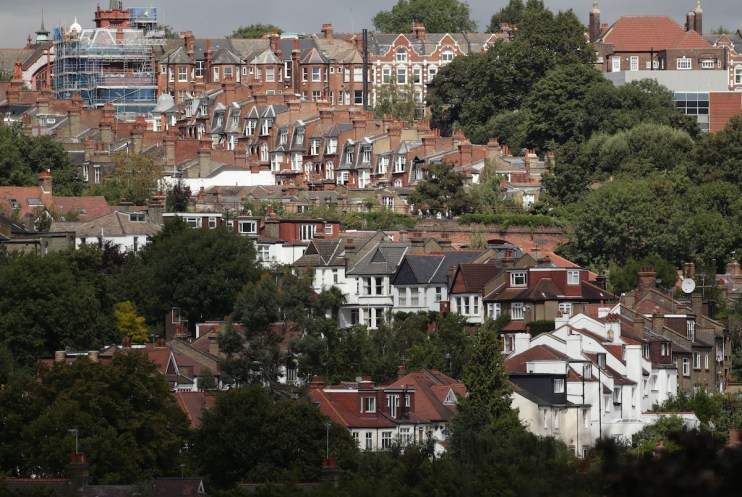Stamp duty hike: a ‘bitter but manageable pill to swallow’ for UK landlords

Last week’s Budget announcement raised Stamp Duty Land Tax (SDLT) to five per cent tax, yet household landlords seem unfazed.
London-based estate agent Benham and Reeves carried a survey to find out how UK landlords reacted to this hike.
Concerns about potential hikes in capital gains tax (CGT) on property investments weighed heavily on landlords prior to the Budget, with 19 per cent pausing buy-to-let investments due to uncertainty around CGT changes.
A total of 22 per cent of landlords reported that an increase in CGT would have forced them to reduce their portfolios, with half of these saying that they would have left the buy-to-let market altogether.
Yet, according to the survey, with no announced change in residential property thresholds for CGT, 84 per cent of landlords sai they planed to maintain their portfolios over the next year.
Stamp duty impact on buy-to-let investors
While the new 2 per cent stamp duty increase will modestly increase the cost of second-home acquisitions, investors signalled no immediate impact on their plans.
Nearly half (47 per cent) of those planning to expand their portfolios indicated the stamp duty change would slightly curb their growth plans, while the remaining 53 per cent said they intended to move forward undeterred.
Only a small portion of landlords—11 per cent—were considering expansion pre-Budget but have since adjusted their plans due to the tax hike.
Marc von Grundherr, director of Benham and Reeves, explained that fears of a CGT uptick would have further strained the UK rental market due to a landlord max exodus.
He said: The fact it didn’t materialise has been well received, not just by domestic landlords, but also foreign investors, who are more than happy to pay as it only applies to the net profit they generate. When you also consider that this rate has actually been reduced from the previous rate of 28%, many actually view themselves as better off in the current market.”
This confidence appears stable and strong enough to offset the minor upfront costs introduced by the recent tax change, with many landlords carrying on seeing property as one of the “safest and most consistent” investments.
